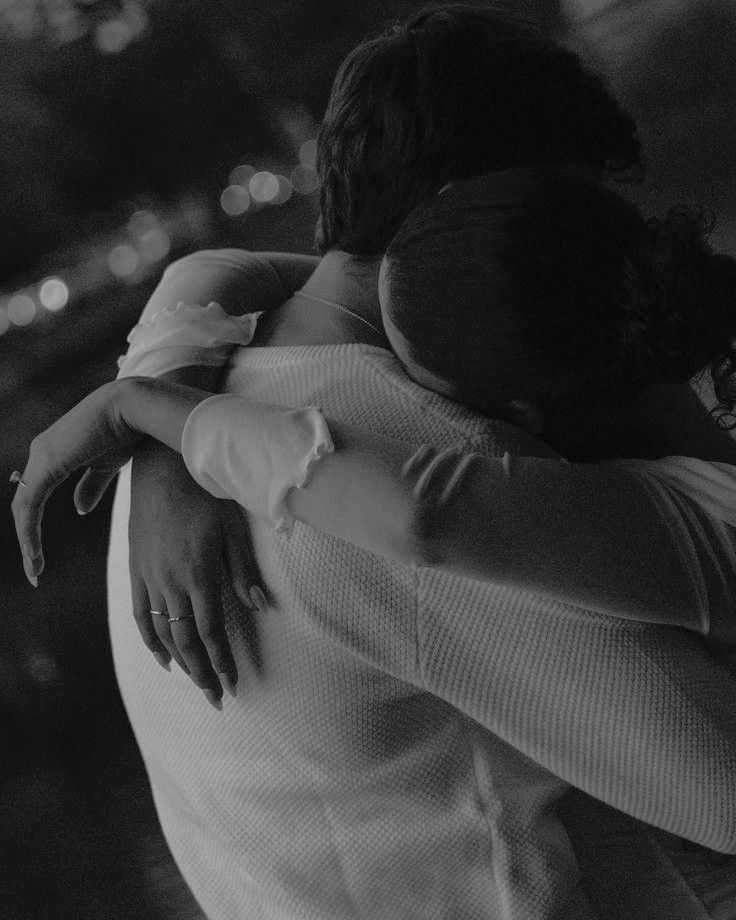Poornima's fingers hovered over the phone as she paced the quiet of her room. The divorce papers were signed, the lawyers waiting—she had made the call she thought would give her back some control. She breathed out, trying to steel herself, and then the line rang.
The caller ID flashed: Mewar.
The name hit like a fist. Years of hollow words, cold looks, and the memory of being unwanted surged through her all at once. Her vision tunneled. She pressed the phone to her ear and managed a strained, “Hello—”
A voice from the past, a tone that never carried care, said something casual and cruel—an accusation, a reminder of where she’d come from. Poornima didn’t hear the rest. The room tilted. Her legs failed beneath her.
She fell, the world collapsing into a white fog of sound. Her breath came in ragged, shallow gasps. The old, nameless panic that lived in her chest clawed up—hot, uncontrollable, crushing.
Veeresh stepped out of the bathroom, towel slung over his shoulders, and froze. Poornima lay on the floor, phone still in her hand, eyes wide and glazed with terror. The sight ripped something in him away—the part that had been amused by their fights, the part that’d used words as weapons. This was beyond any of that.
He scooped her up without thinking, voice sharp as he barked orders to the staff to call a car, to get the doctor. His parents, alerted by the commotion, rushed after him, concern clouding every line of their faces.
The hospital smelled of antiseptic and urgency. A doctor moved in, efficient and steady. Monitors attached, questions asked, answers given in short, clipped sentences.
“She’s had a severe panic attack,” the doctor said finally, checking the chart. “It looks like it was triggered by past trauma—an intense reaction to a stressful reminder. We’ll monitor her, keep her calm, and run the necessary checks. She needs rest and reassurance.”
Veeresh sat in the corridor like a statue—hands curled into fists at his sides—watching the sliding doors that hid her from view. When his parents found him there, something in their expressions changed from worry to fury.
“You don’t deserve her, Veeresh,” Abhimanyu said, voice low but thunderous. “Let her wake up. If you have hurt her—if you have been cruel—then there will be consequences.”
Sharada moved closer, eyes wet with a mixture of anger and heartbreak. Without warning, she struck him—not hard, but with a force meant to puncture pride. The slap landed across his cheek; the sound rang in the sterile corridor.
“I don’t know what happened to you,” she whispered through trembling lips. “How could you humiliate her? How could you forget what family means?”
Veeresh’s jaw worked. The sting of the slap was small compared to the weight of their words, the shame settling colder than any physical blow. He had told her she was nothing, threatened her life’s work, branded her with the cruellest of truths—and now she lay behind those doors, suffering for it.
He listened as his parents exchanged looks of absolute resolve. For the first time, there was no indulgent silence—only a clear, furious boundary being drawn around Poornima’s dignity.
Behind the closed hospital room doors, Poornima’s chest rose and fell in shallow waves. Machines ticked softly. The world outside her window kept moving, indifferent and enormous. When she finally stirred, she would find the palace quieter in ways she couldn’t predict—and Veeresh, in a place he hadn’t intended to be: at the crossroads between rage and remorse.




















Write a comment ...